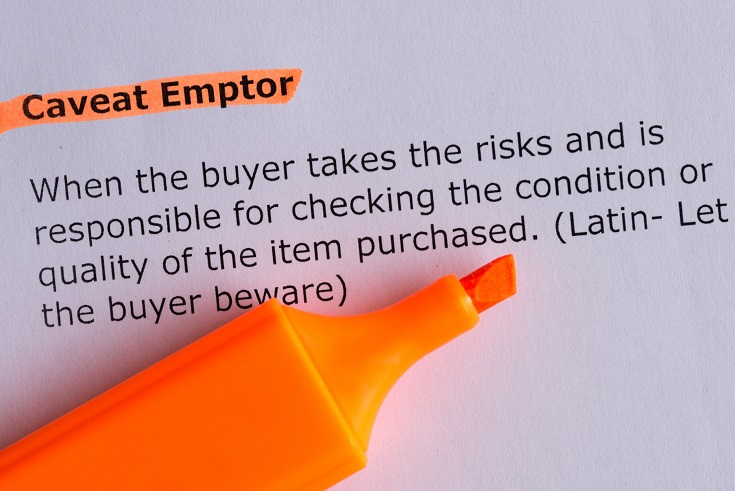
WHEN is a bedroom not a bedroom?
Maybe when it’s a playroom, a study or a walk-in wardrobe?
That may be true in the eyes of the homeowners, but it is not a view necessarily shared by the insurer; to them a bedroom is still a bedroom regardless of how it is actually used.
Earlier this year, a family from Devon hit the headlines when they returned from holiday to discover their new home had been gutted by a fire.
However, armed with an annual home buildings and contents insurance policy – bought via a price comparison website for just £416 and promising to pay up to £650,000 for a rebuild and £65,000 for contents – they were comforted they would once more have the home of their dreams. And all thanks to a policy costing little more than £400.
But what they didn’t realise was the policy they bought online was rated on the number of bedrooms in the home, which they counted as five.
What they didn’t declare, when they were filling in the online form however, were two rooms in the loft space, which were converted but left unfinished by the previous owner and used only for storage.
Because they were not completed, the family managed to negotiate a significant reduction in the purchase price, meaning the previous owner had to agree they could not be legally described as bedrooms.
However, when it came to paying out a £500,000 claim, insurers refused, on the grounds it was a seven-bedroom home, not five as declared.
The insurance Ombudsman agreed with the insurer saying while the loft rooms were not complete or building-regulation approved bedrooms, in effect, that is what they were and therefore should have been declared to insurers as bedrooms.
This is why it is vital policyholders check every detail of their policies.
But in reality how are untrained people supposed to recognise proverbial mines in an insurance policy minefield when they have never been taught to recognise them nor taught how to avoid them?
In an era of price comparison sites, when less is definitely not more, the lines between value and price have become somewhat blurred.
Top Tips from the Alan Stevenson Partnership:
* If you buy online you are acting as your own insurance agent with no one to blame but yourself for any errors or omissions. In essence, you’re on your own
* If you buy online you have no one to help other than the insurer who, at this stage, has a conflict of interest. Do they protect their balance sheet or yours? Having no one with expertise or influence leaves you vulnerable
* Insurance brokers spend years training to understand the intricacies of the insurance market, insurers and insurance policies. Accept it is not your area of expertise and take advantage of their knowledge and training
* Declare all relevant facts and clear up any question marks in writing, for example, are these bedrooms or not?
Focusing on price diverts attention from value. Ask yourself will a comparatively cheap insurance policy protect my most valuable of assets?
